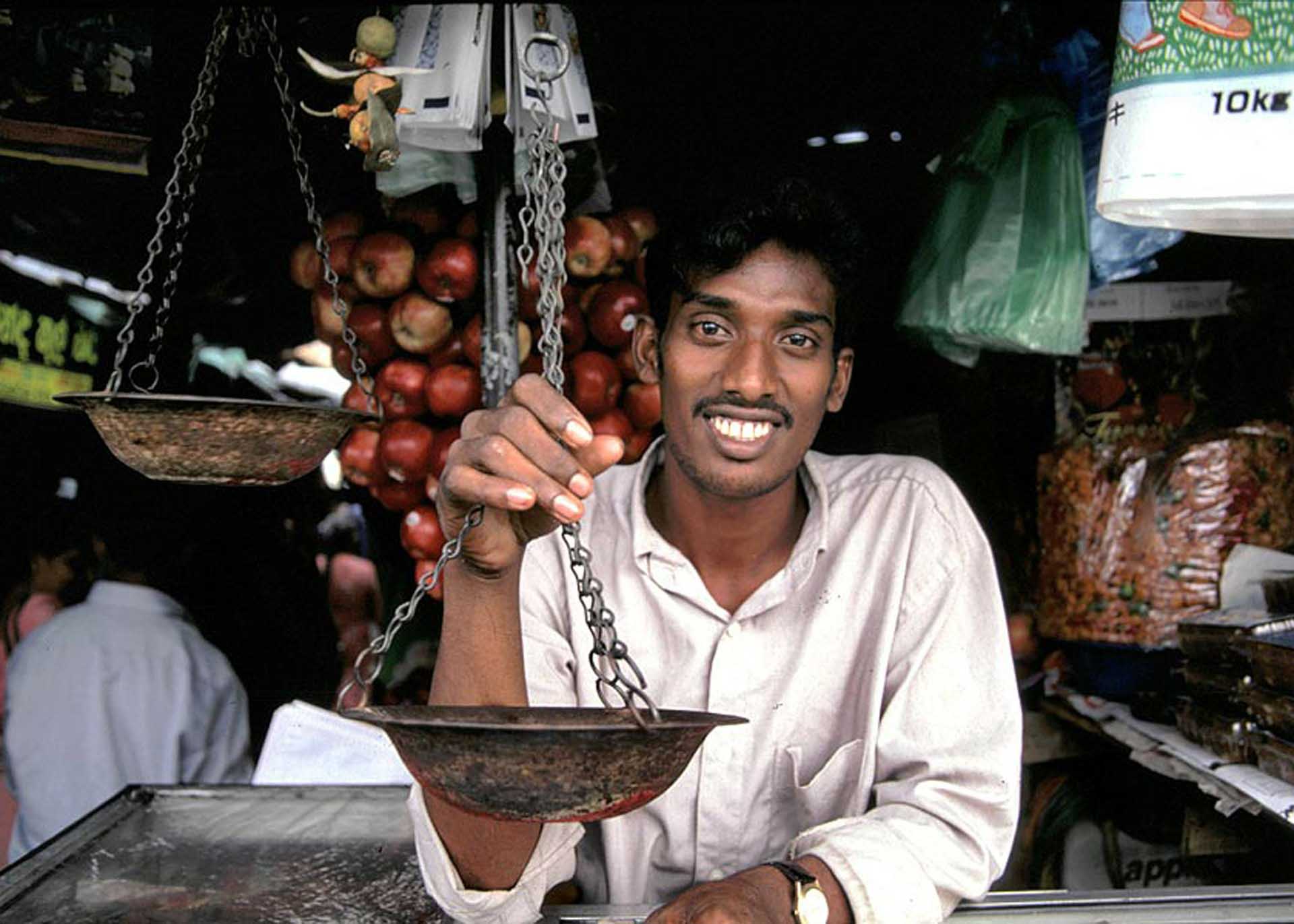Not too long ago I came across the heartbreaking story of a middle-aged man. Baba Isha owned a grocery store in the area where he lived. He sold a lot of things including food items, and to many living within that area, Baba Isha’s store was the go-to market when they couldn’t get to the main market which was further away. He’d won the admiration and loyalty of his customers, and to a very high degree, he could be regarded as quite successful.
One morning, one of Baba Isha’s regular customers visited the store to buy a few items only to discover that the store was locked. He would later discover that the store would remain locked for another week. Baba Isha never mentioned any plans to travel. His customers were quite upset to find his store locked as they had to go a greater distance to purchase what they would normally have bought from Baba Isha.
After a week, Baba Isha reopened his business, but now the windows and doors of his store were barricaded with iron bars. When asked why he took a break, Baba solemnly confessed that he had been robbed. On an evening before Baba’s temporary disappearance, as he was closing for the day, some armed men had come to his shop demanding that he handover his money to them. Somehow, they’d found out that Baba didn’t have a bank account but kept his money hidden in a little locked box in his store.
Baba never fully recover what he had lost after the robbery. His store slowly became scanty as he couldn’t afford to replace the items on his shelves after sales. Not too long after that, Baba’s store was permanently locked, and what was afore a successful enterprise was rendered desolate.
Baba Isha’s story represents that of millions of Nigerians, and indeed the world, who through their small and medium sized businesses oil the engine of the economy. These often do not fully reap the dividends of the value they contribute to the economy, largely because of their exclusion from the services offered by formal financial institutions – services which are tailor-made for their benefit.
Apart from Baba Isha, who probably didn’t realize the importance of a bank account to his business, someone like Madam Ifeoma does, but she still wouldn’t open one. Madam Ifeoma is a crayfish wholesaler in Umuahia. She buys her goods in large quantities and at cheaper prices from Bayelsa State and then resells them to retailers at a margin in Umuahia. She’s quite successful – a success she attributed largely to saving and investing her money her own way. To her, banks exist to swindle her of her hard earned money. She didn’t have easy access to her cash when she wanted to as there was either no money in the bank or the ATM was out of service, whatever that meant. And when she did, she was charged for withdrawing her money. She couldn’t access loans to move her business forward because she didn’t have enough collateral. To her, the bank was hurting her business more than it was helping it. Thus deciding to take matters into her own hand, she started the Umuna Cooperative Society. According to her, it was her mother’s investment strategy for saving and borrowing long before the country’s independence.
Madam Ifeoma’s method was simple. She gathered a group of ten women in the same business and each of them contributed a certain amount of money a week; at the end of the month, the entire contribution was given to a member of the cooperative, and each succeeding month, the proceeds of the contribution was delivered to another member of the cooperative until every single member had taken a turn. That way, they were able to save and also access large sums of money to buy more goods. No more unnecessary bank charges. No more inability to access her money.
Although Madam Ifeoma knows about financial institutions, she doesn’t see any reason why she should be involved in any. It is just like the vulcanizer on the road who slowly but steadily accumulates his N50 per pumped tyre. Ask him why he doesn’t have a bank account and he’d reply with something like, “Why do I need a bank account? Is it for this small change that I’m trying to use and patch my life? I can easily buy anything I want without needing to go to the bank.”
Let’s assume Baba Isha was not robbed and he had a bank account. With the level of loyalty and market he had, Baba Isha would have grown to the extent of opening another store within the area, and soon be on his way to having a chain of stores around the state and even outside the state. But that potential was thwarted. If only he had a bank…
Let’s assume that Madam Ifeoma could access the kind of loan she needs to push her business forward, there is no telling the ripple effect she would create in the economy.
Let’s assume the vulcanizer had a bank account. He would have learnt the art of saving no matter how small and started the process of truncating the vicious poverty cycle.
But then, if we don’t take more serious the issue of banking the unbanked, all we’d be left to do is assume. The Central Bank of Nigeria’s desire to increase the number of bank branches to 10,000 and the number of Automated Teller Machines (ATMs) to 62,440 by 2020 is very laudable. But we need to do more, we need to take action, the time had never been better, the time is now!
Sincerely, thank you for reading.
You are the reason why we keep telling these stories. Our mission is to inform, educate, and inspire through objective storytelling and journalism. We are deeply grateful for your belief in our mission. To enhance your user experience, we've got off a lot of things such as obstructive ads. However, telling these stories and making these researches require funds. If you enjoy our content and you want to see us continue, please kindly support us by donating here.You can also send us an email hello@yolar.co. Thank you for your continuous support. ![]()



